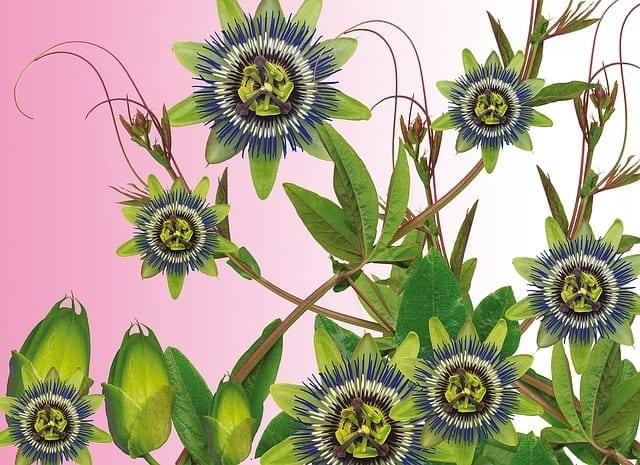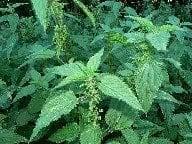Herbal Nerd Society Exclusive Article How would you describe Passionflower? With its glorious, layered, large flowers and almost weedy, vining habit, it's clearly an herb for those who's energies are a little top-heavy, so to speak. Native Medicine People of the North, South, and Central American continent relied on several varieties of Passionflower for food […]
Read this article and all of our other Herbal Nerd Society Content.
Become a Member Today. Join Us Here. | Already a Member just log in here.






